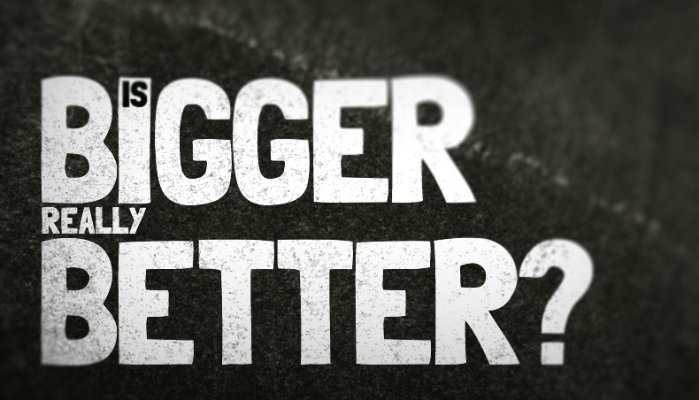long sales cycle
-
The Crucial Selling Skill That Nobody Talks About
- October 14, 2016
- Posted by: Dave Kurlan
- Category: Understanding the Sales Force

I couldn’t care less because the tool looked lame and if he thought that he was going to hurt my feelings with his threat to remove my name he is as stupid as he is impatient. And patience is what I want to talk about today.
-
Bigger Sales Pipelines – The Dangerous Truth
- April 18, 2016
- Posted by: Dave Kurlan
- Category: Understanding the Sales Force

Last week I was invited to download the 2016 InsideSales.com Business Growth Index Report. I read through it today and while I wasn’t terribly surprised by anything, there were a few findings that are quite interesting, showing that some companies aren’t making very good decisions, and these decisions could be representative of your company too.
-
It’s Coming Sooner Than You Think – 5 Keys to Prepare Your Sales Force for the Recession
- March 10, 2016
- Posted by: Dave Kurlan
- Category: Understanding the Sales Force

You remember the last recession – the great recession – right? I remember that in November of 2008, the business stopped coming in as if someone had turned off the faucet. Bam! We lost a third of our revenue overnight – and we were prepared for it! I predicted the last recession as early as September of 2006 with this article and in the summer of 2008 with this article.
In my business, I can see two trends ahead of others and I began seeing both of those factors begin to kick in last month. Do you know what they are?
-
Baseball, Sales Cycles, and the Quest for Shorter
- September 23, 2014
- Posted by: Dave Kurlan
- Category: Understanding the Sales Force
In selling, there are even more options for shortening the sales cycle. They include:

